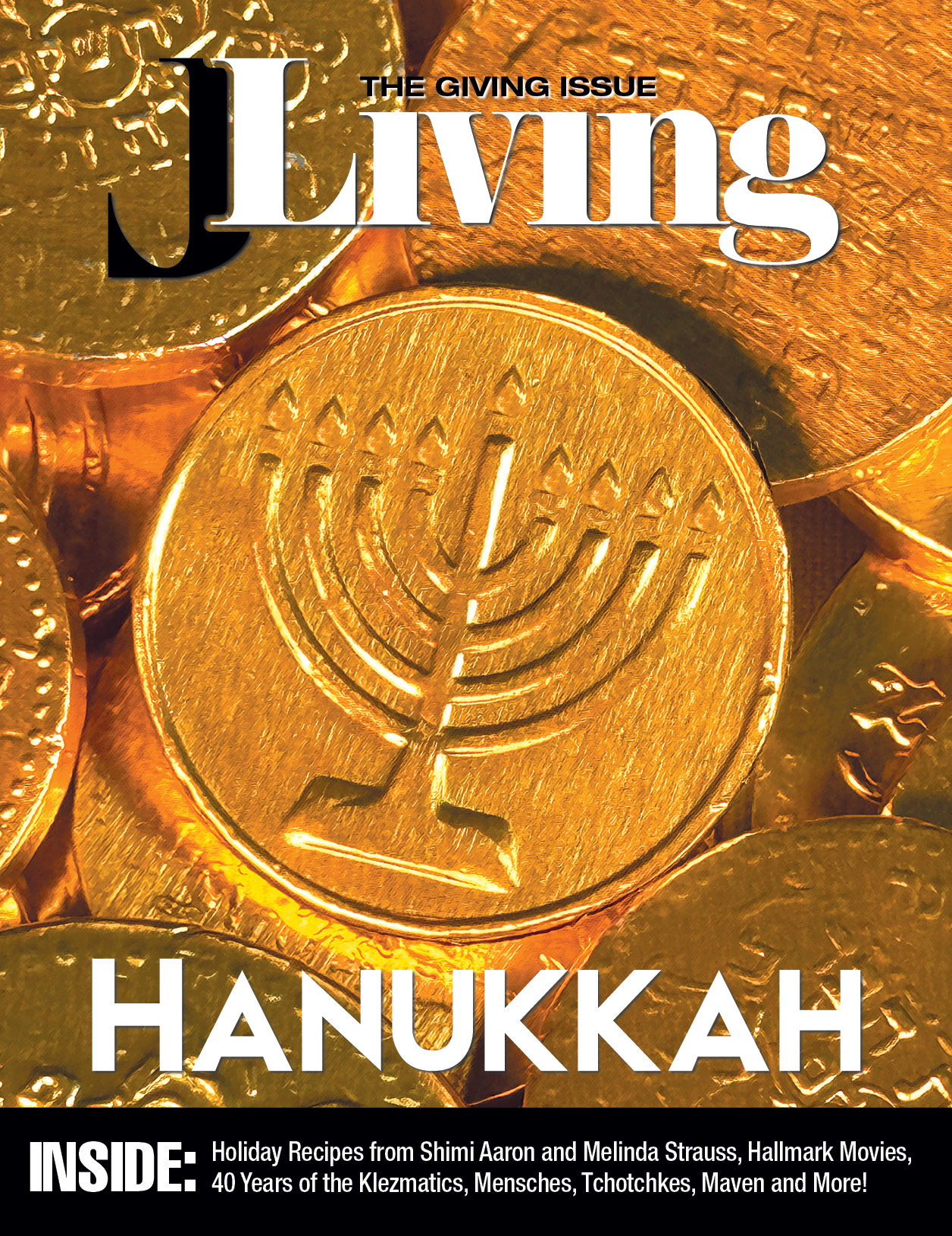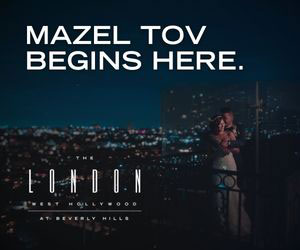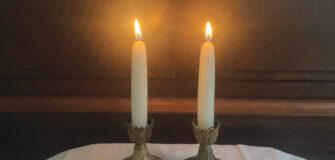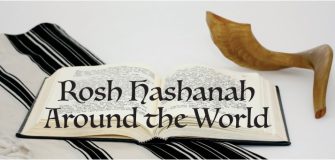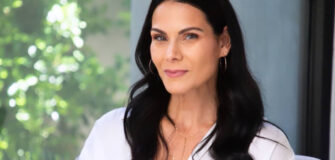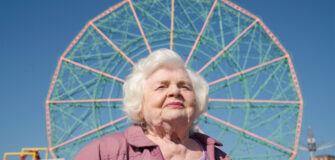Eleanor the Great – June Squibb
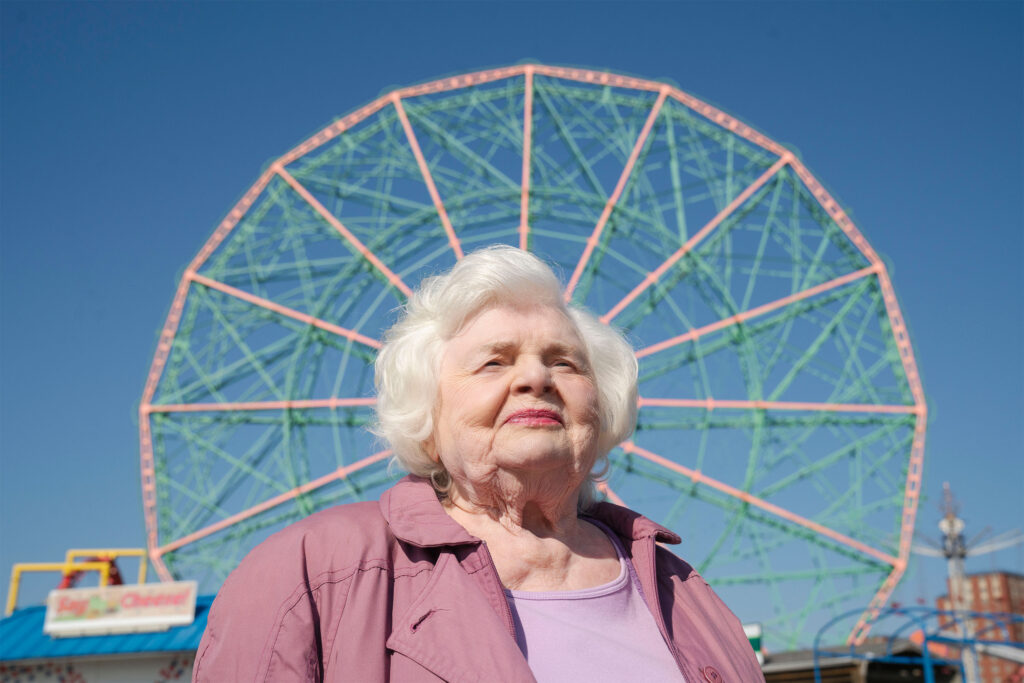
“Eleanor the Great”
By Naomi Pfefferman
At 95, actor June Squibb is on a roll.
While she has worked steadily on stage and screen throughout her 70-year career, the past decade has placed Squibb, a convert to Judaism, squarely in the Hollywood limelight.
During her 80s, she earned an Academy Award nomination for her turn as Bruce Dern’s unfiltered wife in Alexander Payne’s 2013 film, “Nebraska.”
Last year, Squibb garnered stellar reviews for her starring role in “Thelma,” a comic action-adventure film about a Jewish grandmother who seeks revenge on the phone scammers who bilked her out of her savings.
And at this year’s Cannes Film Festival, audience members gave Squibb a six-minute standing ovation after a screening of her latest movie, Scarlett Johansson’s directorial debut, “Eleanor the Great,” in which Squibb plays a different kind of Jewish grandmother.
The titular Eleanor Morgenstein (Squibb), who can be loving in her own way when she’s not verbally eviscerating people with her razor-sharp tongue, is devastated by the death of her best friend and roommate, Bessie Stern (Rita Zohar), a Holocaust survivor from Poland. In the aftermath, Eleanor moves back to her native New York to live with her grandson and her divorced daughter, who promptly shuttles her off to the local Jewish Community Center to make new friends.
At the JCC, Eleanor chances to wander into a support group for Holocaust survivors and finds an unexpected camaraderie with the participants. Yet she also tells them a startling lie: She presents Bessie’s Holocaust story as her own. Squibb surmises that her character lies, in part, to feel that she belongs somewhere, and because it allows her to feel closer to her late best friend.
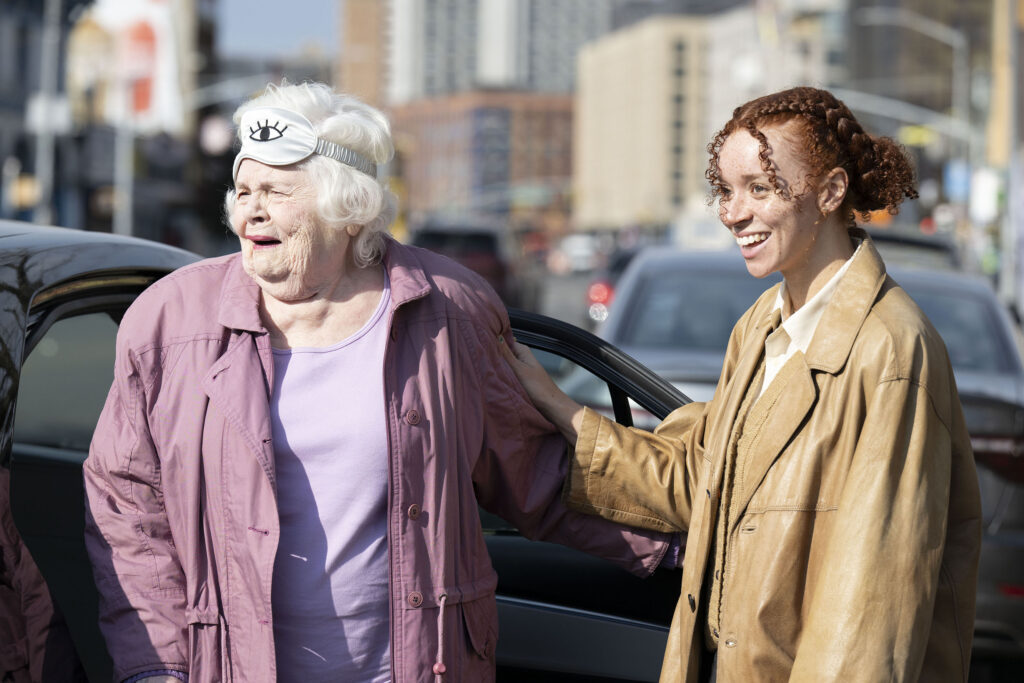
But her untruth takes on a dangerous life of its own. Along the way, Eleanor befriends a 19-year-old New York University journalism student, Nina (Erin Kellyman), who is also grieving, in her case, the loss of her mother.
“The story of Eleanor is about a mistake, but it is really a woman’s journey to find herself,” Squibb said in a Zoom interview with JLiving. “It just so happens that it’s a [nonagenarian] woman who is trying to find out who she is, what she wants, and where she hopes to go in life.”
During the interview, Squibb, who lives in Los Angeles, was direct, down-to-earth, gracious and, by turns, soulful and hilarious. She laughed frequently and heartily.
Squibb recalled that when she first read the “Eleanor the Great” script, she was immediately drawn to the character and her Judaism. “Her religion obviously means a lot to her,” Squibb said. “I kept relating back to that and how I felt about my own conversion. I wanted to be Jewish, to understand it more and to be a part of it. And I think that is what Eleanor is doing.” Since the character becomes a bat mitzvah, Squibb learned a Torah portion for the film.
Squibb went on to describe how, at age 10, she was horrified upon seeing her first images of the Shoah. “During the Second World War, I remember being very aware of them finding the camps,” she said. “Life magazine did a lot on that, and there were other magazines that showed the images as well.”
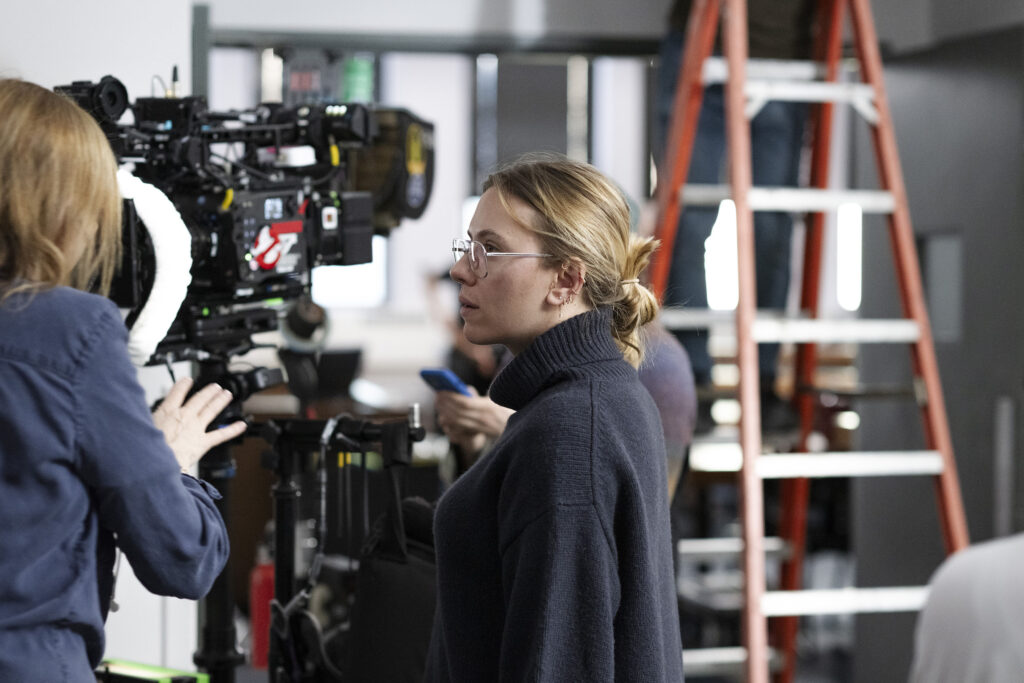
While Squibb previously hadn’t met many Holocaust survivors, she did get to know one such man who lived in her apartment complex. “He talked about it all the time,” Squibb said of the Shoah. “It was in his head all the time. Obviously, it’s something that you don’t push down. You don’t push it down into your body as a feeling that maybe later on, I’ll look at this.” On their first and only date, he took her to a delicatessen, she said with a chuckle.
The actor thought it was crucial that the film focuses, in part, on the subject of the Shoah. “It’s the talking about it, the bringing it up, the wanting people to know about it,” Squibb said.
“We all know how awful it was,” she said of the Holocaust. “I mean, it was just sinful. There was nothing about it that was positive. But I think we’re still trying to deal with it and to talk about it.”
Squibb also found an even more personal connection to her character. “I don’t think you see many older women with the — for lack of a better word — spunk that Eleanor has,” Squibb said. “She’s not afraid of anything. Nothing stops her. Nothing. You don’t see that onscreen very much with older people.
“When I read that script, I thought, ‘Oh, she is a pisser,’” she said of Eleanor. “I think I am a bit that way. I think for Eleanor, I probably was playing myself.
“This is a character where you get to see everything — all the warts and all the flaws along with all the good parts,” Squibb added. “Eleanor is the sort of person who will always do whatever she decides to do. And that’s how I am, too. If there’s something I want, I’m not going to hesitate.” In one scene, the character dresses down a grocery store employee who can’t find the kosher pickles.
Squibb said she’s wanted to become an actor practically since “coming out of the womb.” She began her career on the stage, working first at the Cleveland Playhouse, then moving to New York, where she appeared on and Off-Broadway. Her first Broadway appearance was in the original 1959 production of the musical, “Gypsy,” in which she played the role of stripper Electra and performed the classic number, “You Gotta Get a Gimmick.”
Thirty years later, Squibb, then 61, made her film debut in the romantic comedy “Alice,” directed by Woody Allen. “I loved him,” she said. “It was my first film, and I didn’t know what I was doing on a film set at all. But he was wonderful.”
Then came supporting roles in movies such as “The Age of Innocence” (1993), “In & Out” (1997), “Meet Joe Black” (1998), “About Schmidt” (2002), and “Far from Heaven” (2002). For her role in Alexander Payne’s road film, “Nebraska” (2013), she was nominated for the Academy Award for Best Supporting Actress.
Squibb moved to Los Angeles while in her 80s to continue her work in film and television. Within a decade, she had burst into the popular culture as Hollywood’s favorite 90-something.
Squibb said she first read the “Eleanor” script some time ago — before Johansson became attached to the project. She learned that the movie’s screenwriter, Tory Kamen, had written the script inspired by her own Jewish grandmother, who moved from Florida to New York at age 95.
As for Johansson, who is Jewish and lost extended family in the Holocaust, “It’s always felt like kismet that I read this script,” she said in the film’s press materials. She dedicated the movie to her maternal grandmother, Dorothy Sloan, whom she described as “a very independent, vivacious Jewish woman who was involved in tenant activism, loved New York City and participating in all the free great arts programs New York has to offer. She had a huge personality and lots of passion. So, I hope that some of the spirit of Dorothy and women like her are [folded] into this story.”
The shoot proved a bit challenging for Squibb, who uses a cane to portray Eleanor. “Oh, yeah, we were all over New York, for one thing,” she said. “That was hard — we were in and out of cars and vans. I mean, there was nothing we did physically that I wasn’t able to do. But it was just a constant thing that we were moving from set to set because it was all shot on location.”
Has Squibb, like Eleanor, ever told a lie that landed her in hot water? “I can’t think of one,” she said. But she confided that there’s a fib actors tend to use while “congratulating” their actor friends after a less-than-stellar performance. “Oh, God, the lies I’ve told to other actors,” Squibb recalled. “I always go to the costume. It’s, ‘Well, I loved the costume.’ We actors talk about doing that.”
Squibb has been surprised by those who are starting to call her an icon. “I don’t quite know what to say to that,” she said. “I mean, I really don’t know what they expect from me. What does an icon do? So, from that aspect of it, I’m a little befuddled.”
The conversation shifted to how Squibb converted to Judaism in 1953 before tying the knot with her first husband. “This was the man I was going to marry, and I just thought it was something that I wanted to do,” she said. “He nor his family were insistent upon it at all. It was truly my decision.”
She continued: “There was a Reform temple near the theater. I was at the Cleveland Playhouse at the time. We contacted them, and there was a young rabbi who was willing to take me on as a conversion student. It was a wonderful experience. I loved this young rabbi, and I just had so much to talk about. We’d be talking away, and he’d say, ‘June, we have to stop this and deal with Judaism.’ And we did. I learned so much; God, he was great. He was just wonderful, and he also was the rabbi who married us.”
Squibb has another impeccable Jewish credential: She adores matzah ball soup. “I think it’s my favorite food,” she said. “Someone cooks for me now, and she makes a great matzah ball soup, and she knows that when she serves it to me, I am at my happiest… that and pupusas,” she added of her favorites.
Squibb said it was a thrill to work with Johansson, who herself is an Oscar nominee as well as a consummate performer. “She was unique because she used her acting experience to understand what you were doing,” Squibb said. “With her, she always felt that she knew where I was going, what I needed, and the time I needed it. Sometimes directors or people on set assume that you need two hours when you don’t — you need five minutes. It was a joy because it was like shorthand. I could be working away and know that she knew where I was going and why I was going there.”
Johansson returned the compliment. “That’s a rare thing in filmmaking,” she noted in the movie’s press materials. “But not for June. Somebody asked her how it was even possible that she could give such perfect takes. And she said, ‘If I haven’t figured it out by this time, then I’m doing the wrong job,’ which was very funny and probably true.”
Squibb also forged a strong bond with her co-star. “I’d like to say that Erin Kellyman, who plays the young girl, she was great and lovely, and we became very close friends,” she said. “We lived in the same apartment building in New York while we were shooting because I was living in Southern California and she was in London. They had us all in the same apartment building.”
Has Squibb ever encountered ageism during her long career? “I can’t say I have,” she said. “I think it’s because I started doing film later in life. I never thought about it because I was working all the time. There was always something for me to do, it seems. There were always roles I was interested in and being offered to me.”
Today, her desk is overflowing with offers as well as scripts. Squibb will next appear in “Zootopia 2” as well as in the role of Marjorie in “Marjorie Prime” on Broadway, opposite Cynthia Nixon. She has no intention of retiring.
For her efforts, Squibb received a lengthy standing ovation at Cannes with “Nebraska” 10 years ago and “Eleanor” this year. As an actor, “It’s very exciting, really,” she said. “And it’s almost like you don’t know what to do. I can still remember the ‘Nebraska’ screening, and it happened again with ‘Eleanor.’ And I consider myself so lucky to have had both of them and that they were received that way.
“It’s — I don’t know — you feel like you want to say something, but you have nothing to say. You’ve said it all in the film: This is who you are, and this is what we’re filming, and it’s just sort of lovely to be told, ‘Well, we like it.’ So certainly, there’s a lot of publicity about me and the film now, and that’s great.”
While “Eleanor the Great” spotlights Jewish culture and religion, the story should also resonate with other communities, Squibb said. “It’s about loneliness, for one thing, and grief. I think those are sort of universal feelings that we all understand and know. Whatever your age, you need someone to talk to, to listen to you.”
“Eleanor the Great” will open in Los Angeles theaters on Sept. 26.

